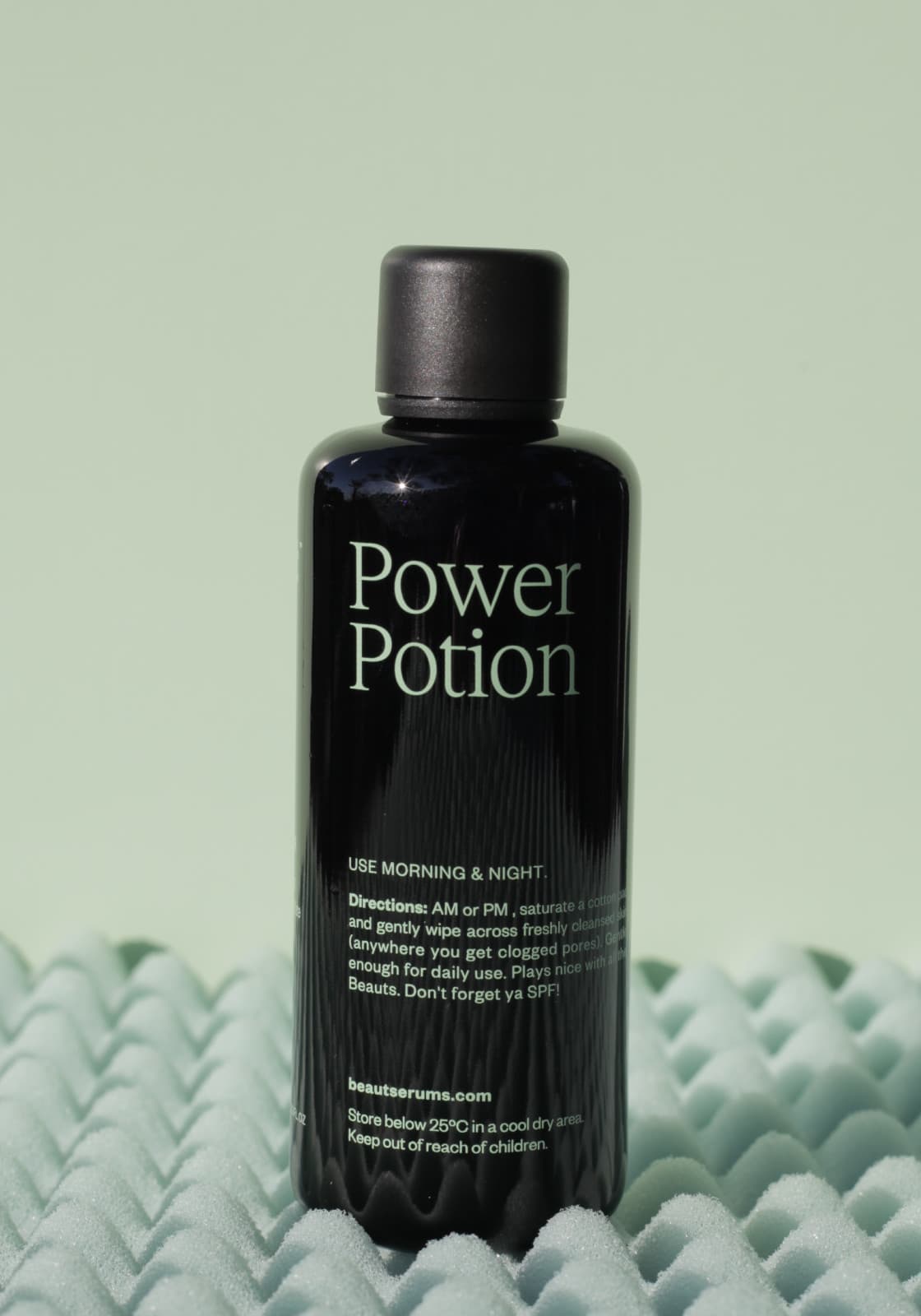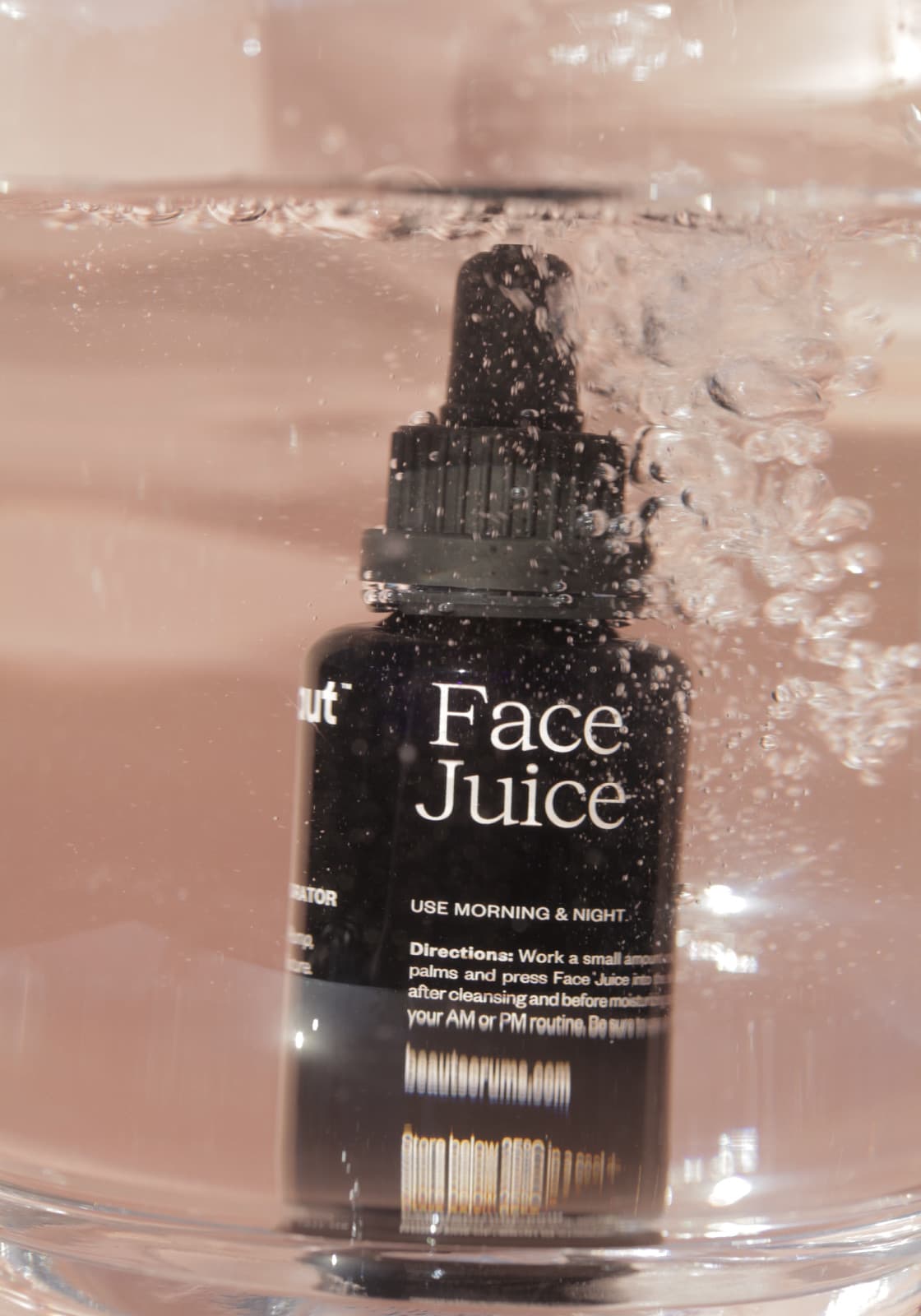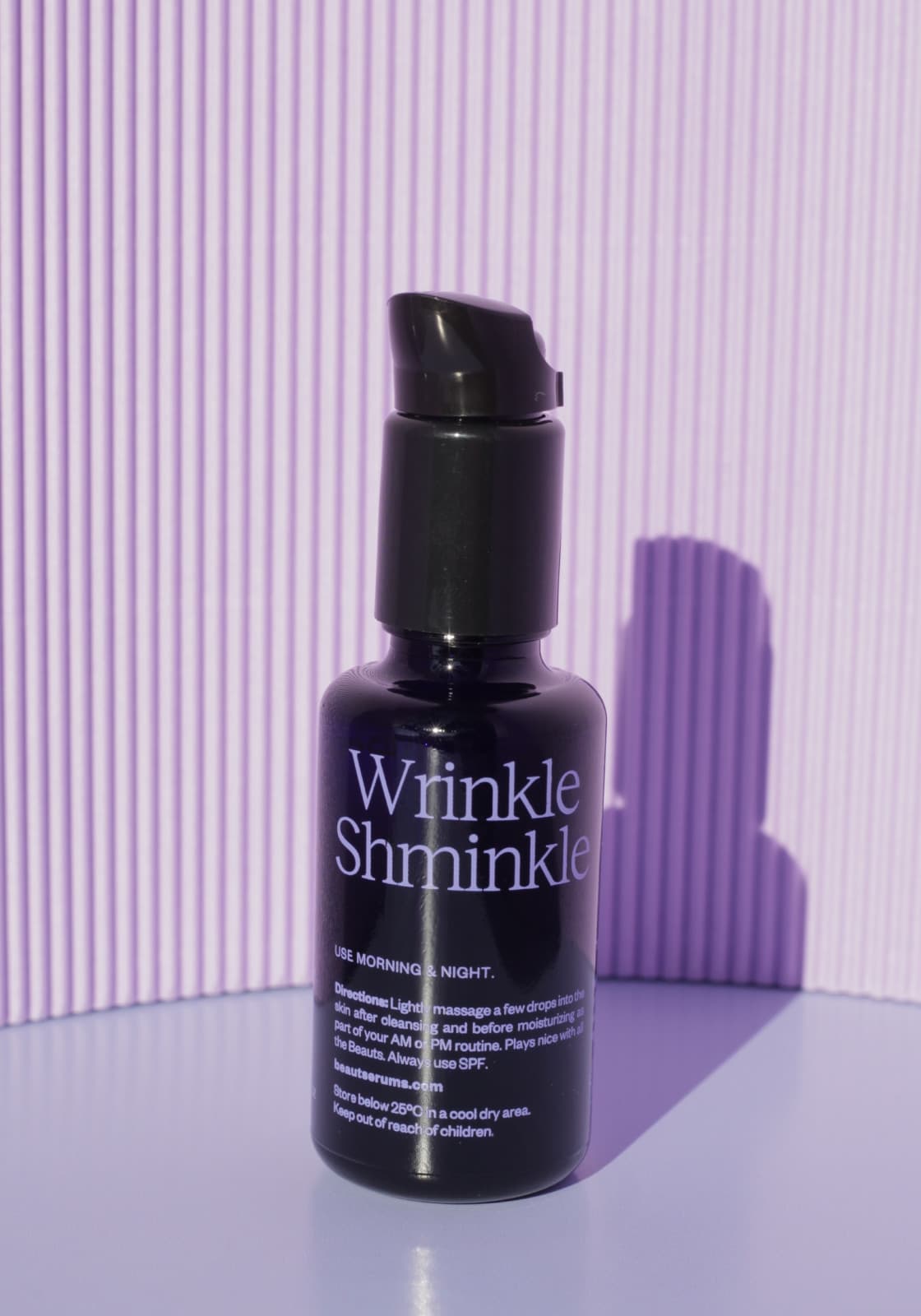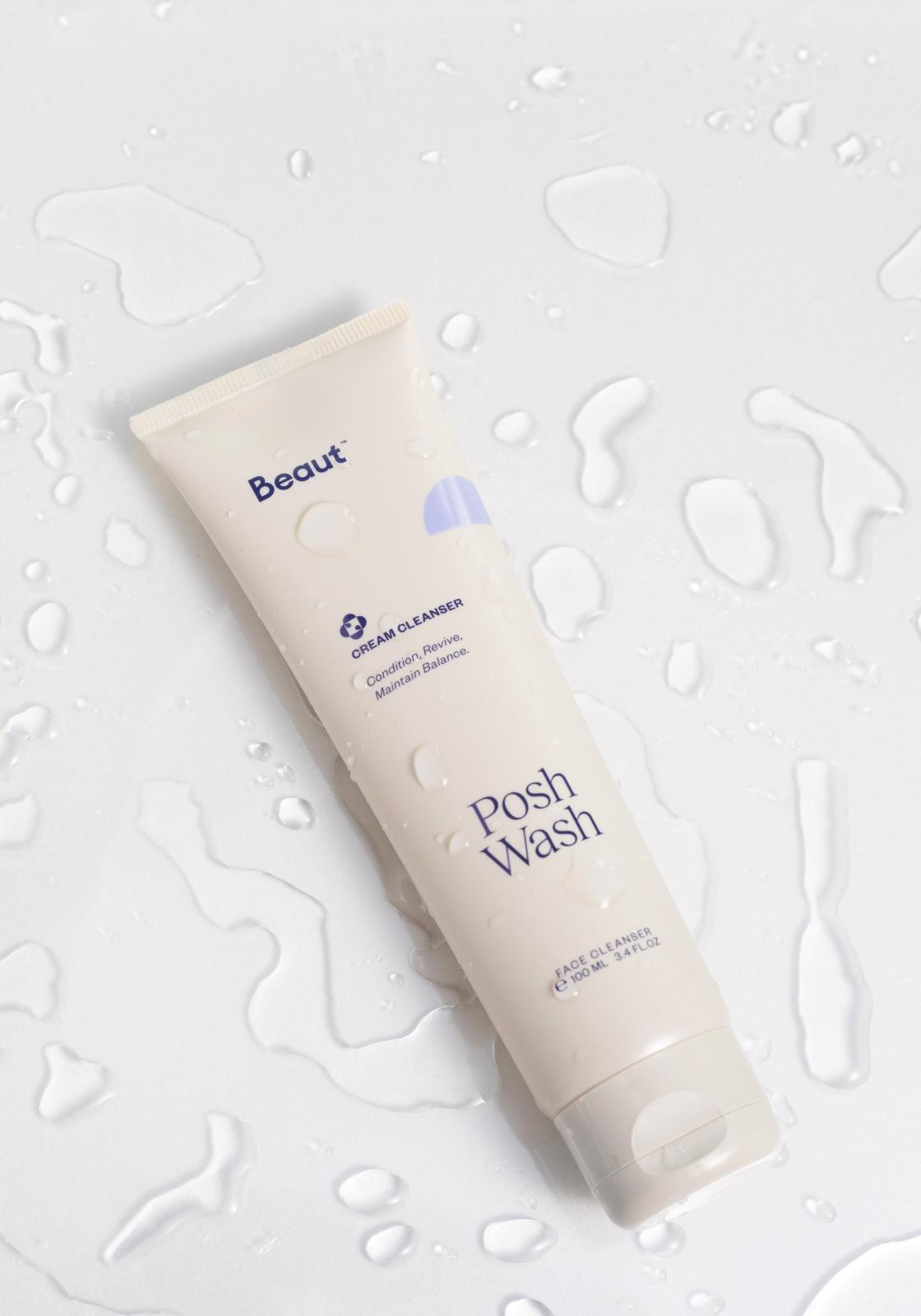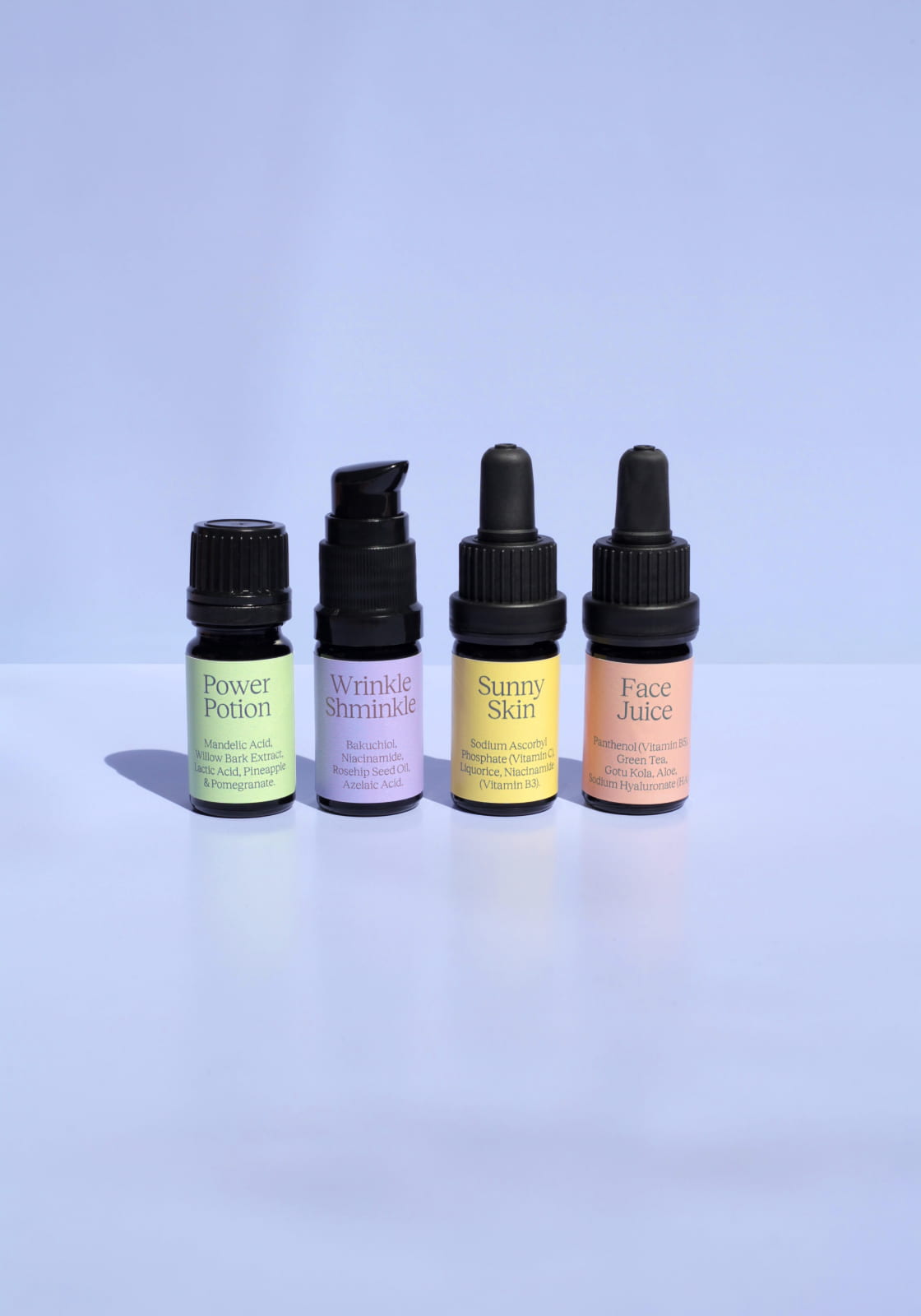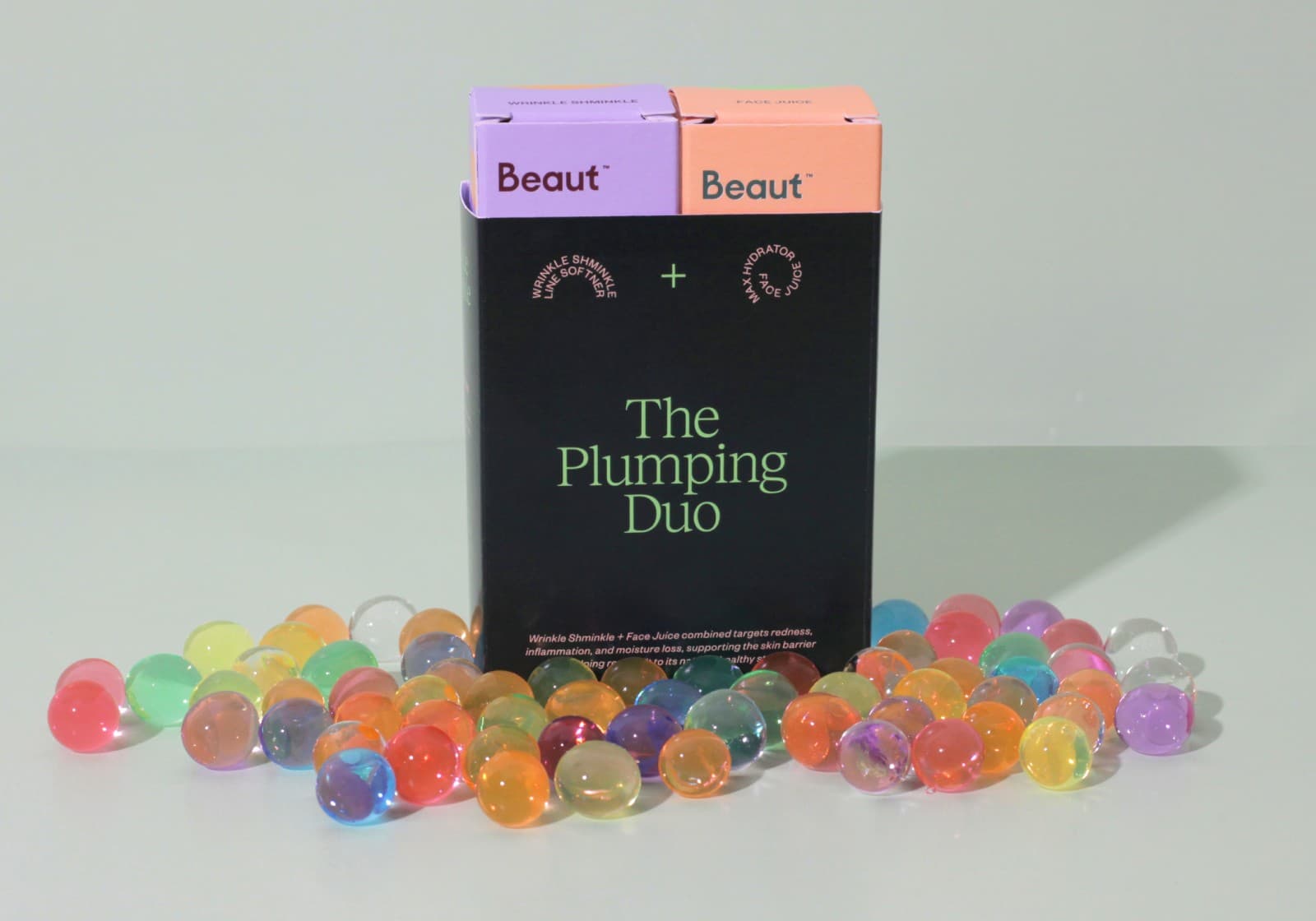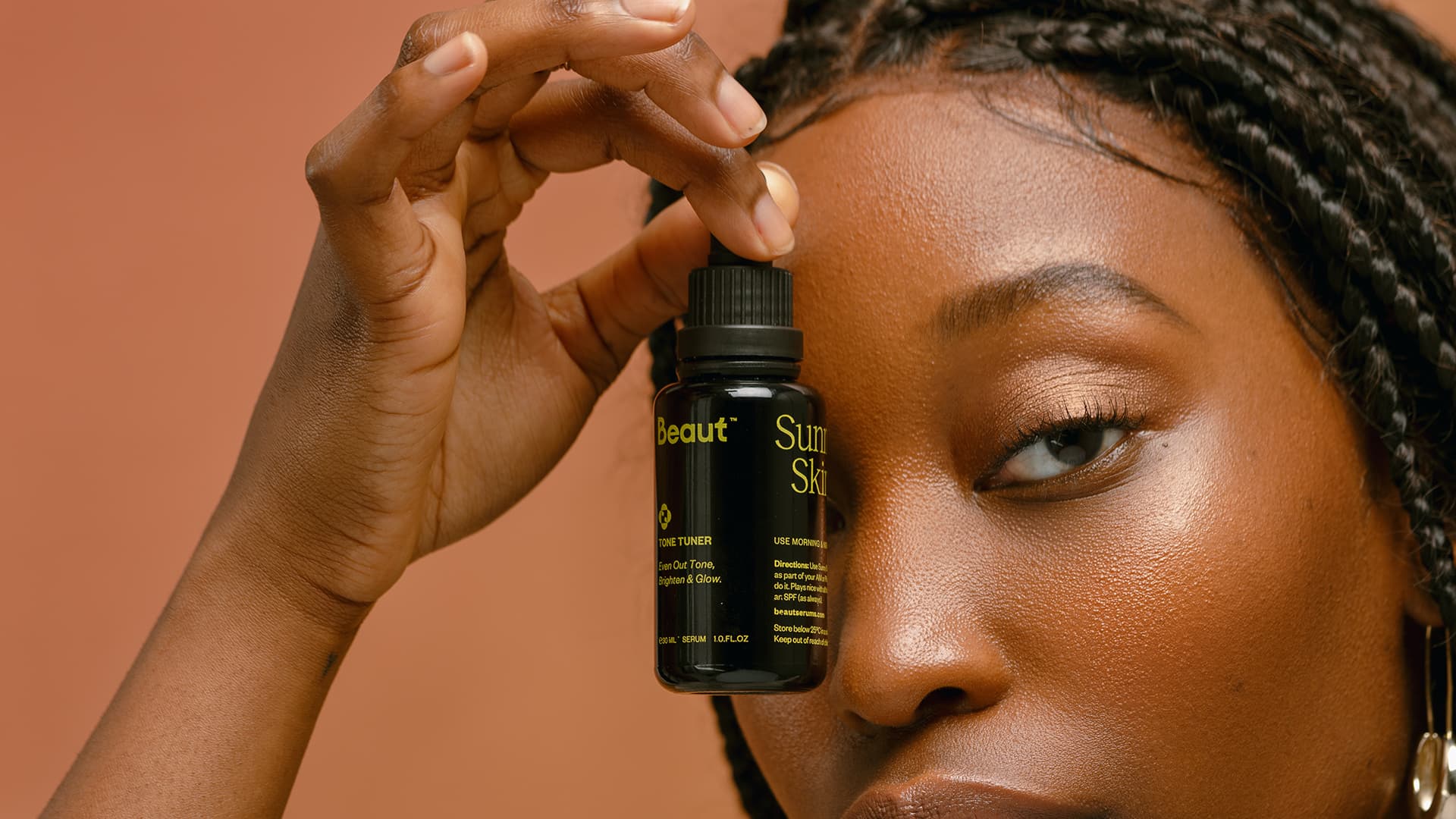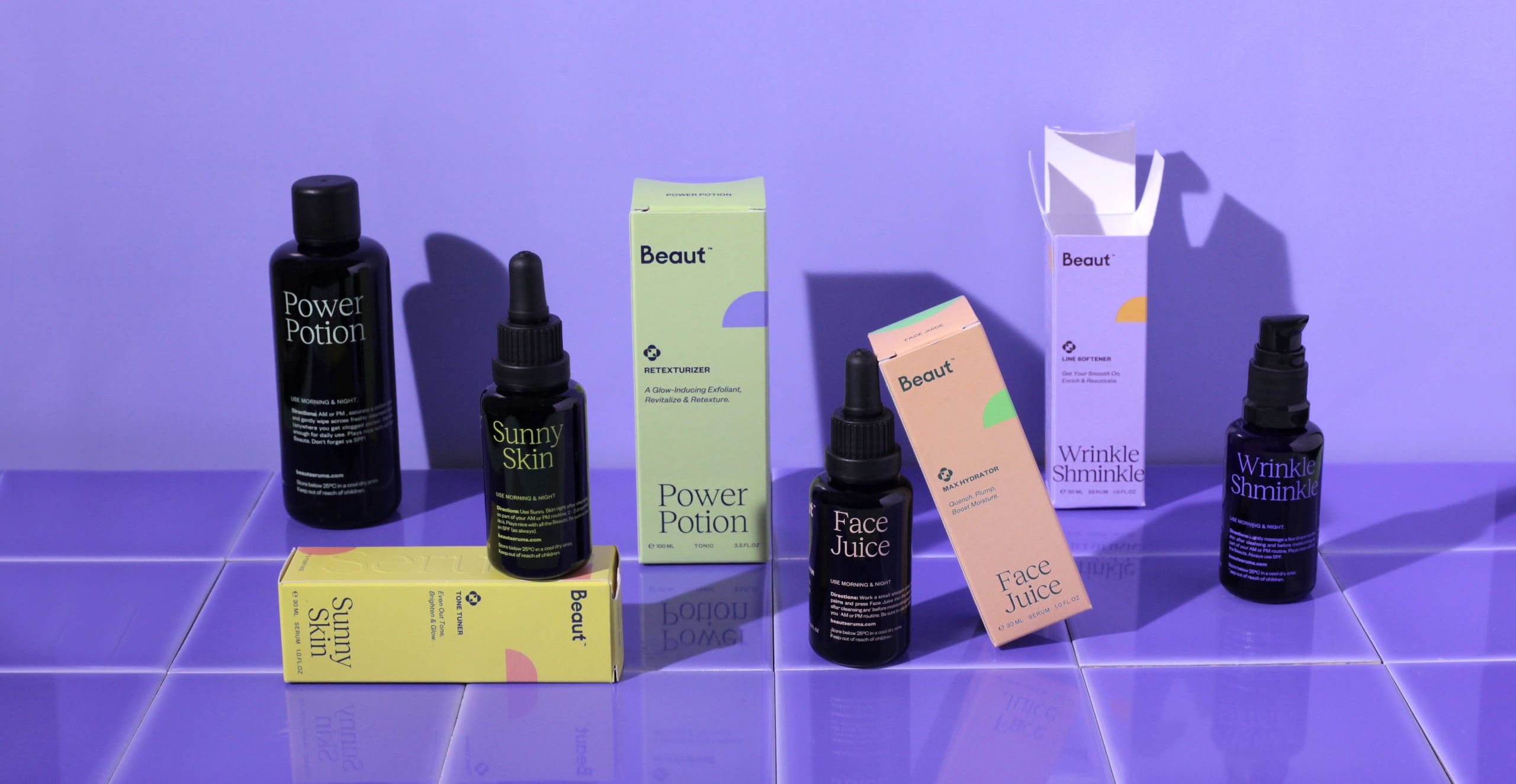Sodium Ascorbyl Phosphate (SAP) Explained
24.06.21

Vitamin C reigns supreme in the skincare world for many reasons. For starters, it is one of the most well-researched and beneficial vitamins you can apply to your face. And ongoing studies show that its ability to brighten an uneven skin tone, as well as provide skin-restoring and soothing benefits, is tenfold in comparison to other antioxidants. Most vitamin C users will be familiar with Ascorbic Acid - a highly effective and potent antioxidant that we like to call 'the older sister' of Sodium Ascorbyl Phosphate (or SAP from here on out). Ascorbic Acid paved the way for many brightening serums on the market. But its vulnerability to oxidation when it comes into contact with light, heat and air makes it slightly unappealing to some. Why spend all that trouble searching for the right vitamin C, and all that money just to have it lose its potency in a few months? No thanks. That's where SAP shines brightest.
The Breakdown
Name: Sodium Ascorbyl Phosphate (SAP)
Origin: A naturally occurring derivative of vitamin C
Why we love it: The most stable form of vitamin C (meaning it doesn't oxidize), it's anti-acne and brightens an uneven skin tone
Find in: Sunny Skin
Use with: Hydrating serums and SPF.
SAP is a super stable form of vitamin C, which means you don’t have to worry about it losing its potency. It works as an antioxidant, protecting your skin from environmental factors like free radical damage that can lead to premature skin ageing. More than that, one of the most appealing properties of SAP is that multiple studies show it enhances the photoprotective properties of sunscreen. In other words, it prevents sunburn and makes your SPF more effective. Win-win!
It’s also antimicrobial and notably less irritating than the more intense forms of vitamin C, making it a top choice for managing breakouts and for those of us with sensitive skin. It may even be an effective adjunct to anti-acne products like benzoyl peroxide and salicylic acid.
Known for its brightening, acne-fighting, and anti-ageing abilities, vitamin C is an ingredient that should be a part of everyone’s skincare routine. Using it in the morning has its advantages, by protecting the skin from daily stressors. But adding it to your nighttime routine wouldn’t hurt either.

While you sleep your skin gets to indulge in its natural repair process (without being bombarded by sunlight, dirt, and other daytime aggressors). Blood flow increases and collagen starts to rebuild, helping your skin repair damage like fine lines and age spots that have been caused by UV exposure. Vitamin C also boosts collagen production, so think of slathering it on morning and night as getting the best of both worlds. And because SAP is a far less irritating version of other forms of vitamin C, you can use it daily.
SAP has a laundry list of skin-loving benefits that’ll keep your skin in its best shape yet. Always remember that no matter when you’re applying your vitamin C serum, layer SPF on top (if it’s in the morning), and use it the following day (after applying it at night) to keep your skin protected.
Find it in:
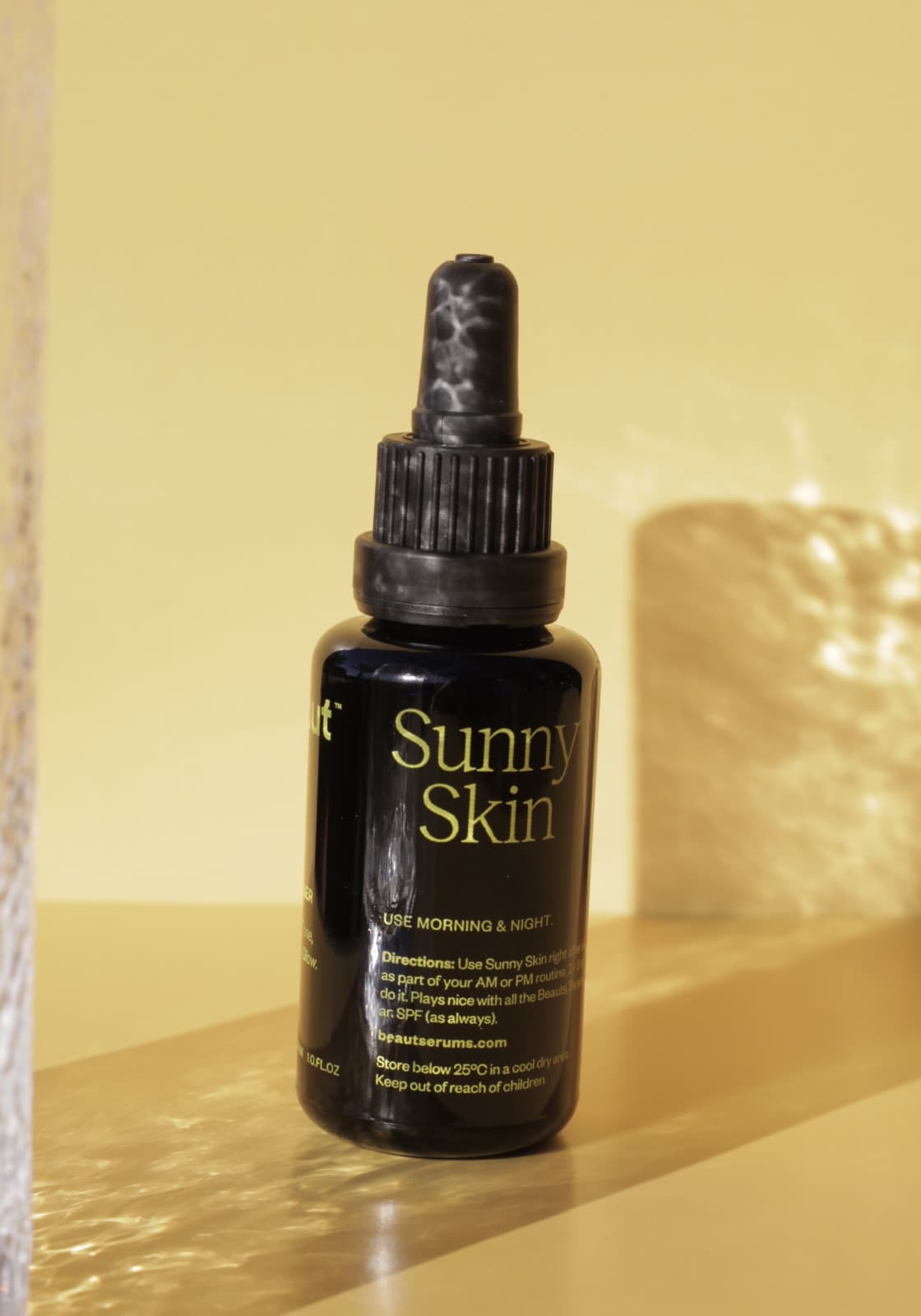
Sunny Skin
USD 37
At 10% strength, Sodium Ascorbyl Phosphate (a gentle form of Vitamin C) actively fights dark spots by breaking down and neutralising free radicals within the skin. Coupled with soothing liquorice extract and 1% niacinamide, it’ll balance, calm, and soothe while helping to improve your skin’s overall complexion.
